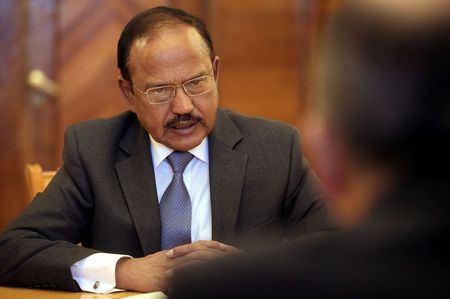
India is Back in Afghanistan

The National Security Advisors of Central Asian countries are gathering in New Delhi today to discuss and deliberate on the stability of Afghanistan and ways to address the humanitarian crisis faced by its people. India’s National Security Advisor Ajit Doval will chair this NSA level meeting.
This high-level meeting, convened by India, will be attended by Russia, Iran and central Asian countries and “this is the first time all Central Asian countries, not just Afghanistan’s immediate land neighbours, are participating in this format.”
And, then, Pakistan and its “Iron Brother” China have decided to skip the “Regional Security Dialogue on Afghanistan.” Given Pakistan’s mindset of treating Afghanistan as its colony, its response to the conference isn’t surprising. However, this opportunity to engage with Regional National Security Heads from Central Asia was in China’s interest.
The three key challenges emanating from this land-locked country are cross-border terror threats, narco-trade and possible mass exodus by Internally Displaced People (IDP) into neighbouring countries.
As an Afghanistan observer who has lived in the country for over 12 years, I have always maintained that the physical occupation of Afghanistan is one thing but running it without resources and international support is next to impossible. History is a witness to this fact, and the Taliban are experiencing it first-hand. That also explains the repeated calls to the international community by ‘Talibment’ for recognition and unfreezing of funds.
Thus, the task for participating NSAs is clear and immediate.
Threat From ISIS-K to the Region:
A few months ago, the global powers were worried about the threat from the Taliban takeover of Afghanistan, and today it is the ISIS-K. The recent attacks by ISIS-K demonstrate that the Taliban have no control over their occupied land. The Islamic State has carried out attacks at will, making the Taliban look weak. The ISIS-K want to establish a “pure” Islamic system in Afghanistan by dislodging the Afghan Taliban. If the Islamic State gets a foothold in the country, the immediate impact will be on the security of neighbouring countries.
The Commonwealth of the Independent States (CIS) currently has nine-member states, namely Azerbaijan, Armenia, Belarus, Kazakhstan, Kyrgyzstan, Moldova, Russia, Tajikistan and Uzbekistan. Five of the nine CIS countries are Muslim majority nations where the ethnic population follows a moderate form of Islam. Thus, the worry for Russia and its member nations.
China has been accused of “committing crimes” and possibly “genocide” against the Uyghur population and other “mostly-Muslim ethnic groups” in the north-western region of Xinjiang. So a strong ISIS-K would mean trouble for China in Xinjiang. That explains why President XI is warming up to the Taliban and expecting the terror group to check the rise of the Islamic state.
ISIS-K can create instability across large areas of Pakistan, given that it is home to numerous terror groups. The recent surrender by Imran Khan’s government before the Tehreek-e-Taliban Pakistan (TTP), commonly known as the Pakistani Taliban and “removing it from a list of proscribed outfits” proves its vulnerability.
Iran is a leader of the Shia community globally. Its worries stem from the fact that the ISIS-K is a Sunni extremist group “that has long targeted Shiite Muslims in Afghanistan.” So, the question is, how long before the group turns its attention on to the western neighbour. Thus, it is in the interest of Iran to be part of the security dialogue that can help find solutions. India’s worry is the resurgence of unrest in the Kashmir valley with active support from Pakistan and terror allies from within Afghanistan.
An unstable Afghanistan is not in the interest of the world and the regional countries in particular. Thus, this security meeting could explore ways to prevent Afghanistan from becoming the hotbed of terror activities. But, unfortunately, it sounds logical, it isn’t easy.
The fact that the participating countries cannot officially engage with the Taliban, as it lacks international recognition, makes finding a solution even more complex. Thus, the regional countries at best can engage through backchannel diplomacy with the Taliban.
Humanitarian Crisis:
As the world leaders continue to formulate strategies to help Afghans without empowering Taliban leaders, the humanitarian crisis is deepening with each passing day. Lack of funds or aid due to funding freeze by the international community, unemployment and the coronavirus has put the population at risk of starvation.
Afghans are struggling to get emergency relief and basic services. As a result, this crisis could lead to mass exodus by Internally Displaced People (IDP) into neighbouring countries as it happened during the 90’s, creating instability and strain on the host nations.
Any further delay in finding a realistic solution to directly assist the population could lead to unrest and even civil war. Not to forget, the deepening crisis can make it easy for the terror groups to recruit desperate Afghans.
During a recent news conference, Taliban spokesperson Zabihullah Mujahid had warned the international community of the potential threat to the world and the region if the situation continues. The terror group is familiar with the ground situation and knows it can be leveraged by groups opposed to its rule in Afghanistan.
The immediate need is to support the poor and needy with food, fuel and fur, and these can be offered in aid or through barter trade by the countries participating at the meet. Iran has oil, CIS countries have oil, gas and fur, and India has food. What they need is a mechanism to put these in the hands of Afghans. This meeting could explore ways to assist the population.
Narco-Trade:
Recently, the Indian customs at the Mundra port seized two containers of heroin shipped from Afghanistan via Iran’s Bandar Abbas Port. As of 2021, Afghanistan produced “more than 90% of illicit heroin globally,” which is a major cause for concern.
It is a known fact that the Taliban used narco-trade to finance its 20-year insurgency. However, after the takeover of Kabul, the group had told farmers to stop cultivating opium poppies. However, given the financial squeeze, the key question is how long before the terror group turn back to opium as a source of income.
Ahead of the meeting, the Deputy Spokesman for the Taliban has welcomed the meeting of the regional NSAs, saying, “the people of Afghanistan welcome all the summits that aim to help Afghanistan.”
The Regional Security Dialogue assumes “significance because the participating nations are looking at ways and means to provide an inclusive and stable Afghanistan and address the humanitarian concerns.”
While Pakistan continues to oppose India’s role in Afghanistan, nonetheless, the enthusiastic response for the conference from participating nations is a recognition of the importance attached to “India’s role to promote peace and security in Afghanistan.”
****************
Disclaimer
The opinions expressed in this article are the author’s own and do not reflect the views of Chanakya Forum. All information provided in this article including timeliness, completeness, accuracy, suitability or validity of information referenced therein, is the sole responsibility of the author. www.chanakyaforum.com does not assume any responsibility for the same.
Chanakya Forum is now on . Click here to join our channel (@ChanakyaForum) and stay updated with the latest headlines and articles.
Important
We work round the clock to bring you the finest articles and updates from around the world. There is a team that works tirelessly to ensure that you have a seamless reading experience. But all this costs money. Please support us so that we keep doing what we do best. Happy Reading
Support Us





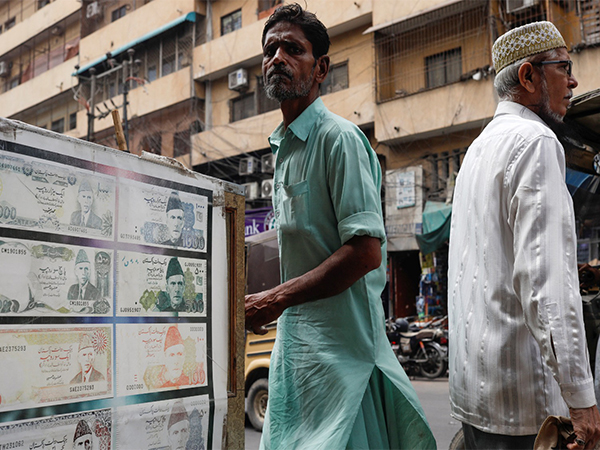
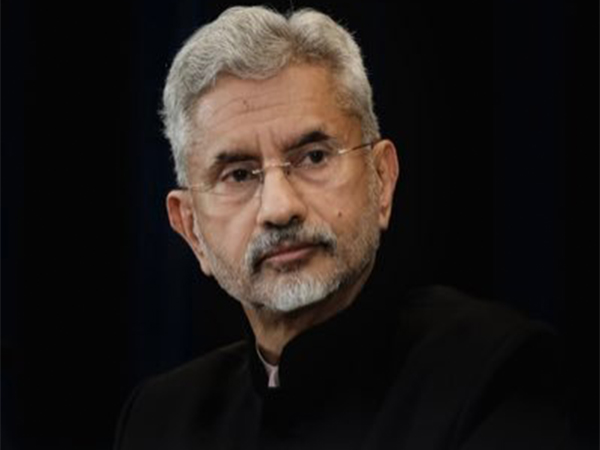
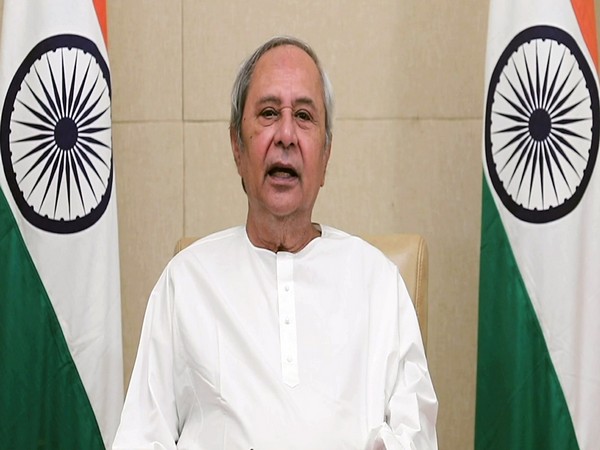
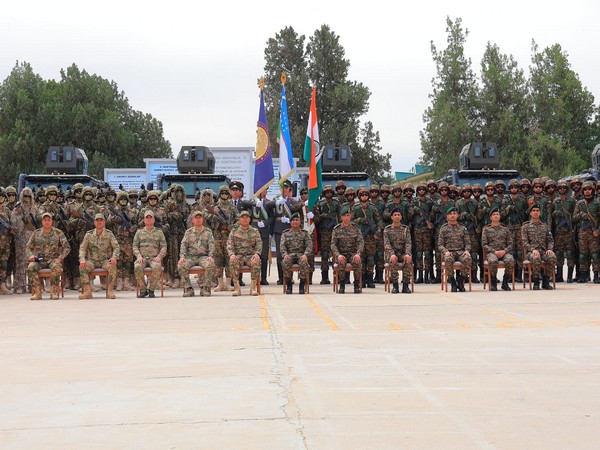
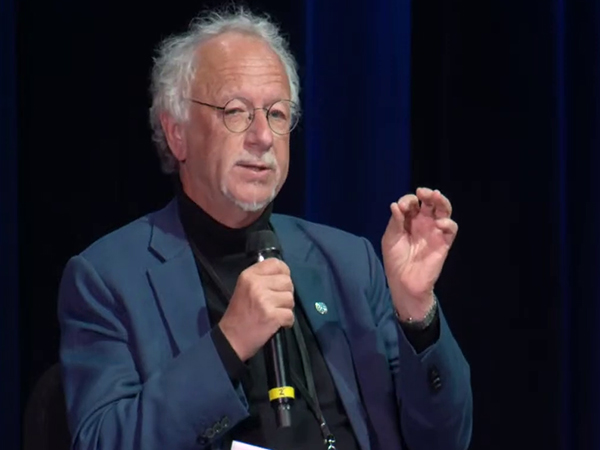
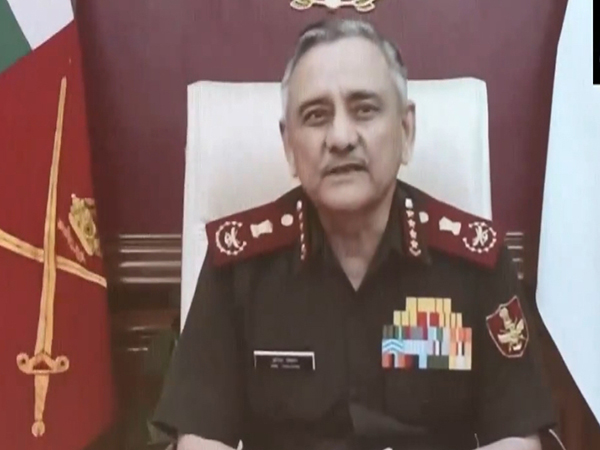
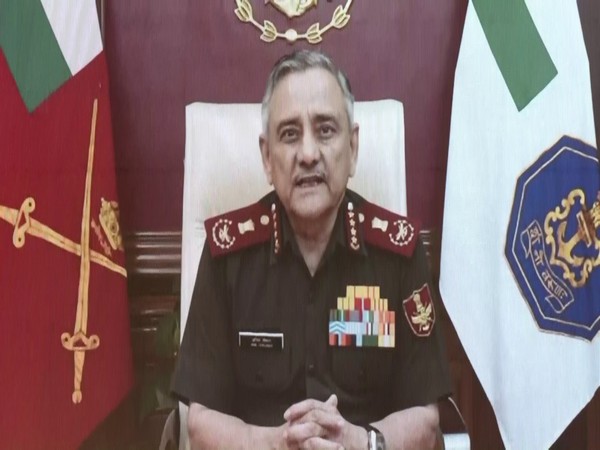
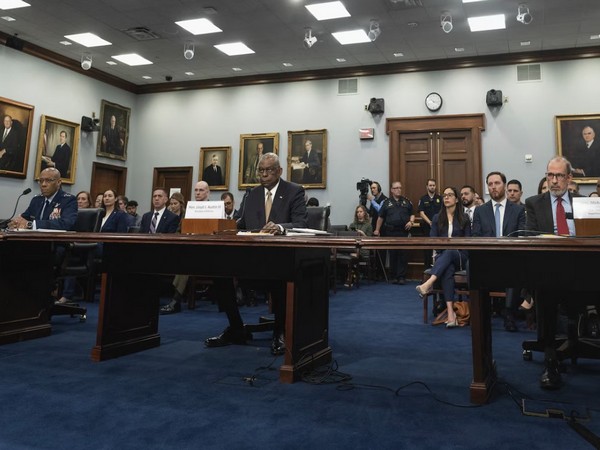
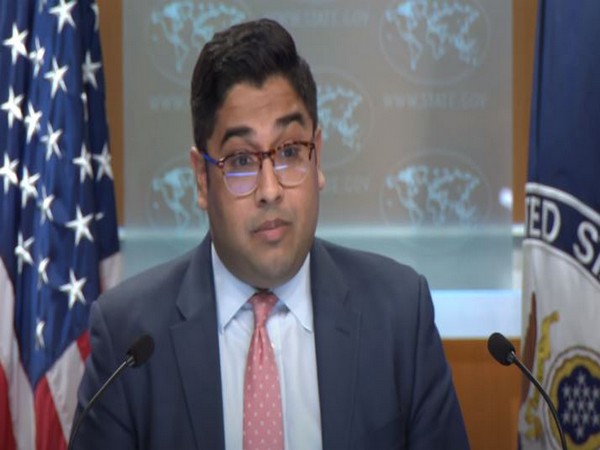
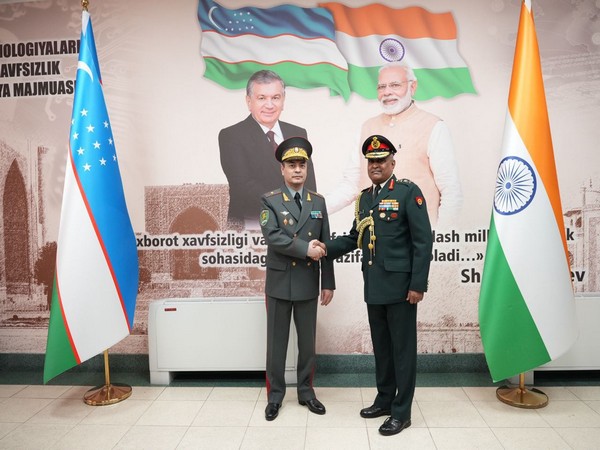






POST COMMENTS (4)
Nagendra
Haroon
Mukesh.Naik
Udayakumar Ramaling Betgar